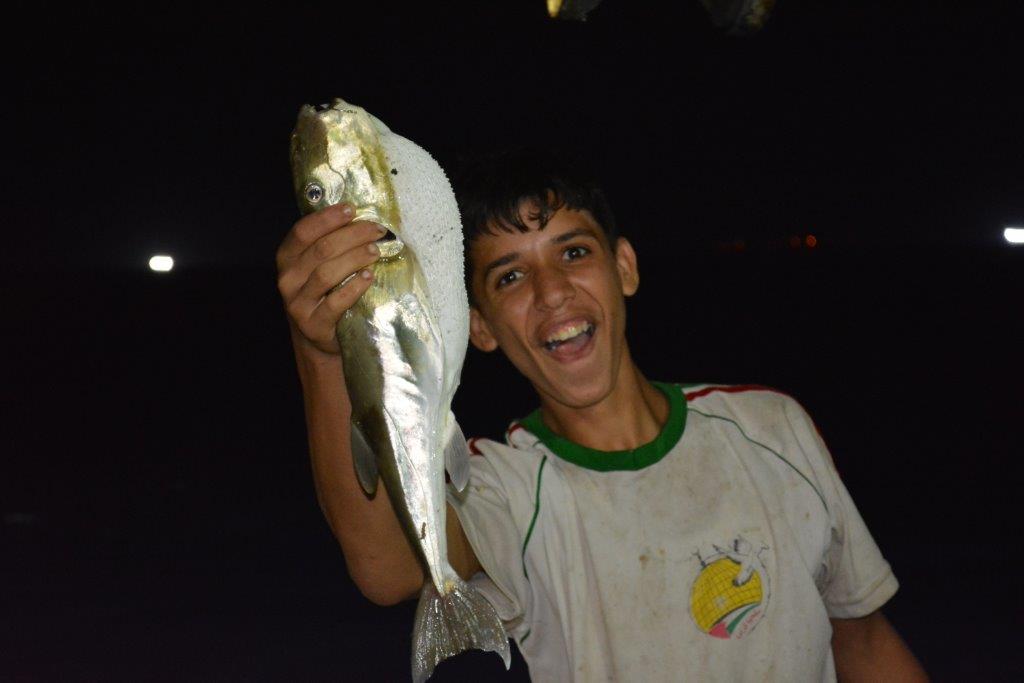Tag: Fishing Zone
-
Fishing in Gaza
3rd September | Charlie Andreasson | Gaza, Occupied Palestine We sailed out from Gaza City’s harbor just before dusk with the 13-man crew, including two boys, and we had a theoretical possibility to reach six nautical miles for fishing. But that the limit determined by the occupying power would have been moved from three to six…
-
In new violation of ceasefire agreement, Israeli forces arrest 14 fishermen and confiscate 3 fishing boats: number of arrested fishermen increases to 29 and confiscated boats to 9
2nd December 2012 | Palestinian Centre for Human Rights The Palestinian Centre for Human Rights (PCHR) repeats its condemnation of Israel’s violations against Palestinian fishermen in the Gaza Strip. PCHR is concerned over the escalation of Israeli attacks directed against fishermen since the Israeli offensive on the Gaza Strip that was stopped following the cease-fire…
-
The siege in the sea: Accompanying Gaza’s fishermen under attack by the Israeli Navy
by Rosa Schiano 19 April 2012 | il Blog di Oliva To accompany the fishermen of Gaza on their boats, as human shields to protect them, it provides not only an account of human rights violations by Israel, but also the feeling of what it means to live under siege in the Gaza Strip. Since…

